Women and Girls in Science: More Like a Short Track than a Long Road

Associative photo
“It is easy to talk about women and girls in science in the 21st century,” says Prof. Virginija Jurėnienė, a researcher at the Institute of Social Sciences and Applied Informatics of Kaunas Faculty of Vilnius University (VU), noting that the documents adopted by the United Nations, the European Union and the United Nations Educational, Scientific and Cultural Organization (UNESCO) on the education of the whole society consider the education a feature of sustainable development. Their declared value-based approach encourages the pursuit of equality of opportunity and equity in education. Although the universal right to education is exercised in developed countries of Europe and the world, some countries still pursue these goals. The struggle for the right of girls and women to education, which began in the 19th century with feminist movements in Europe and the United States, continues in the 21st century.
“Today, we are appalled by the facts that, for example, a ban on university education is one of several restrictions imposed on women since the Taliban returned to power in Afghanistan in August 2021. Even school education is banned for girls, and the reasons for this are not even mentioned to the world community. These facts, which are incomprehensible in the 21st century, make us wonder about social regression, but they remind us that we have not come far since the days of civilised history when women around the world have experienced this situation,” says the researcher. She reminds us that it was for girls’ right to an education that the Nobel Peace Prize was awarded to Pakistani Malala Yousafzai in 2014, who, in October 2012, was shot at by Taliban militants who were vindictive due to her campaign for girls’ education.
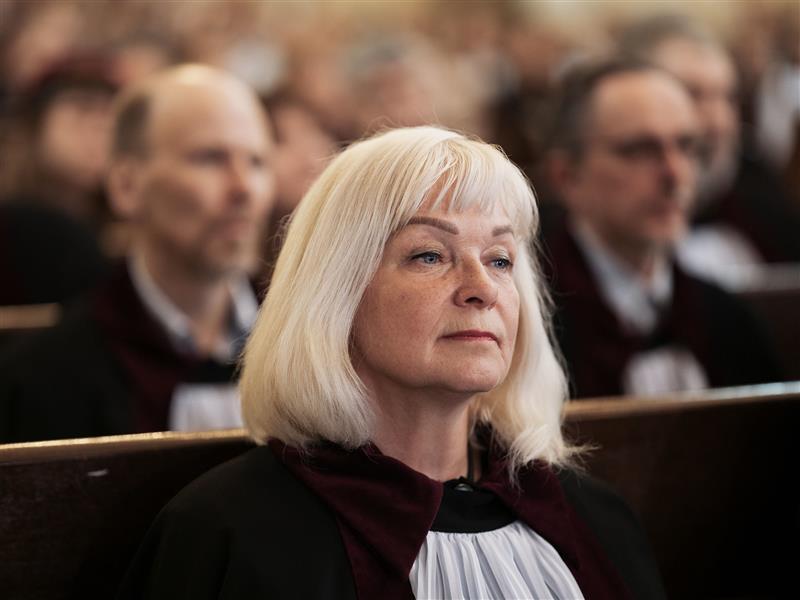
Prof. Virginija Jurėnienė
According to Prof. V. Jurėnienė, although it is hard to believe that this can still happen in the 21st century, looking from the perspective of the whole history of civilised society, the career path of women and girls in science and education is still very short. “It was only 130 years ago that women were first admitted to European universities and in Lithuania – 102 years ago in 1922 when the University of Lithuania was established in Kaunas. The civilised history of humanity has lasted for more than five thousand years, so the path of women’s rights can hardly be called a road – more a short track,” said the researcher. You can learn about the values we profess in terms of gender equality today and how these values relate to the level of the socio-economic development of society from the study she conducted with Purvaneckienė titled Lietuvos modernios visuomenės (ne)modernėjimas: vertybių kaita lyčių lygybės aspektu (1988–2022) (The (Non)Modernisation of Lithuanian Modern Society. A Change in Values in Terms of Gender Equality (1988–2022)).
Kaunas Faculty of VU stands out not only by its interdisciplinarity, which is considered to be a necessary part of scientific production and successful integration into the labour market, but also by the number, effectiveness, and successful leadership of women researchers at the institutes. Stereotype-busting women lecturers in exact sciences and humanities are highly impressive both as specialists and as personalities, and their academic careers and activities that complement them fascinate all students. On the occasion of the International Day of Women and Girls in Science, we share their thoughts on the (non)importance of gender in their chosen professional path.
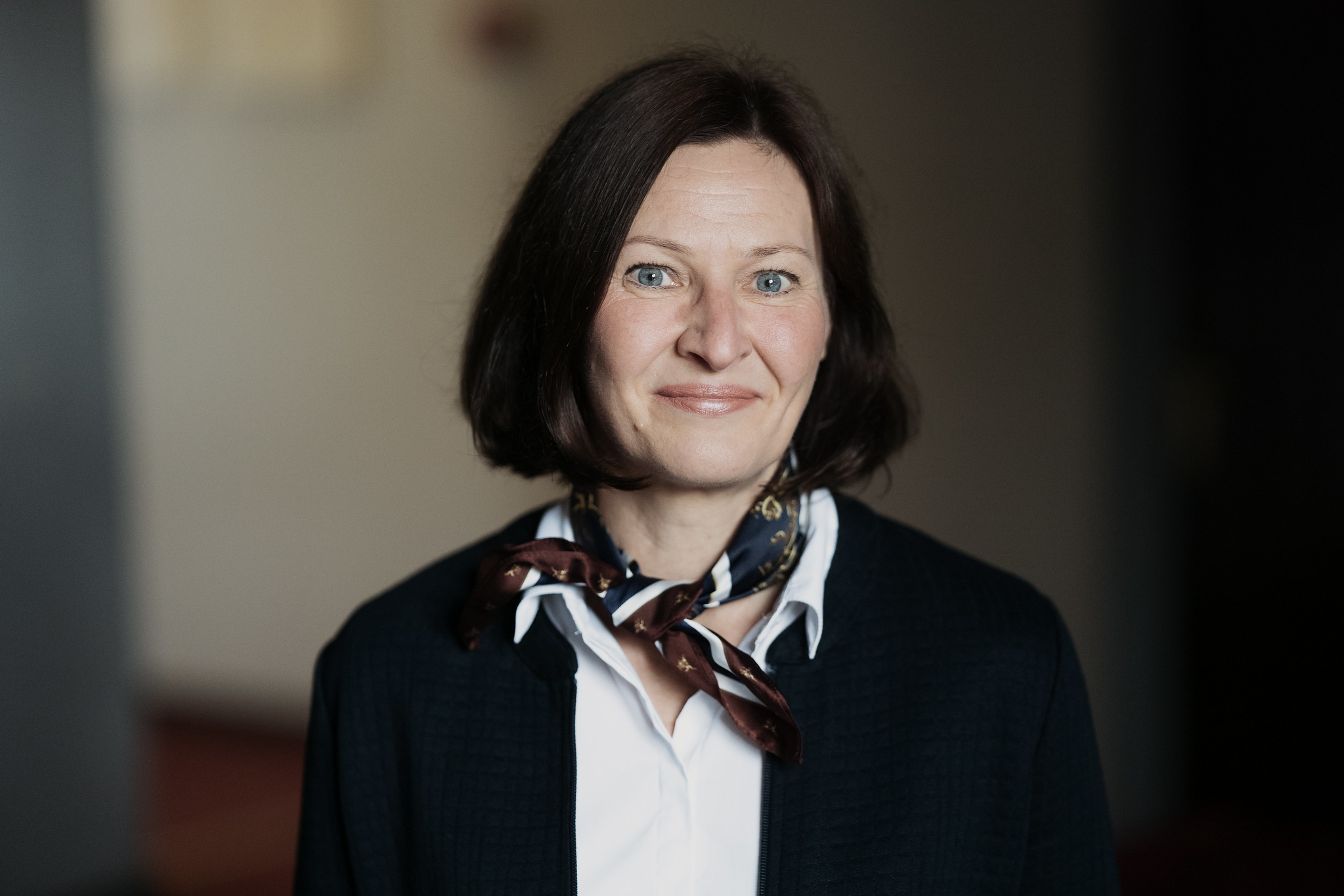
Prof. Danguolė Satkauskaitė
Prof. Danguolė Satkauskaitė, Director of the Institute of Language, Literature and Translation Studies at Kaunas Faculty of Vilnius University
Times are changing. Linguists and literature and translation specialists, almost exclusively women, deliver lectures and study in the classrooms named after famous philologists (men) of the Faculty. It is true that perhaps a third of participants in international peer gatherings are men, but there is still a tendency for women to be more likely to choose this area. Maybe this is so because this area requires diligence and attention to detail.
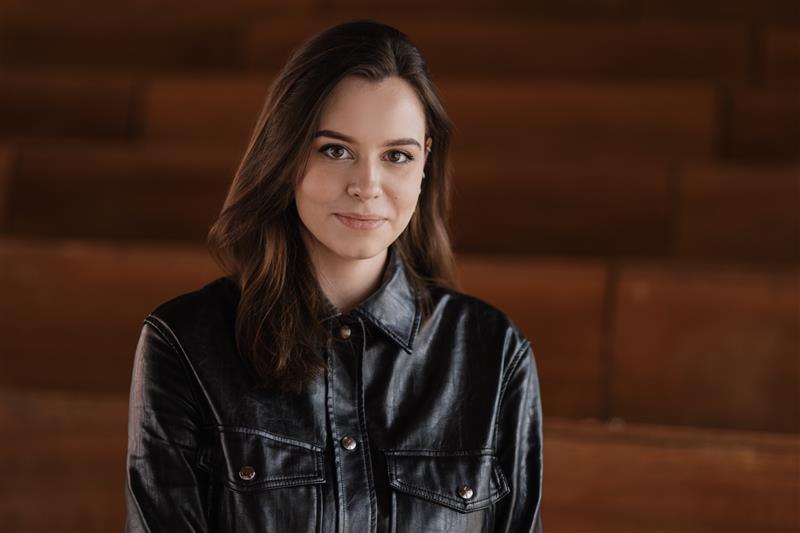
Domantė Vaišvylaitė
Domantė Vaišvylaitė, PhD Student at the Institute of Language, Literature and Translation Studies at Kaunas Faculty of Vilnius University
When I was still a bachelor's student, I often heard: “So, there are no guys in your year? How sad.” I can’t say that I actually understood why it was worth being sad about it; it seemed more important to know that we were all united by our love of texts.
I believe that literary studies in Lithuania are open to everyone who feels a vocation to it. Just like in the case of authors, there are both men and women who are specialists in literature. I was always a part of groups predominated by women, but being able to draw inspiration and persistence from them and observe their strong research ethics, I felt that I had found my place in the sun.
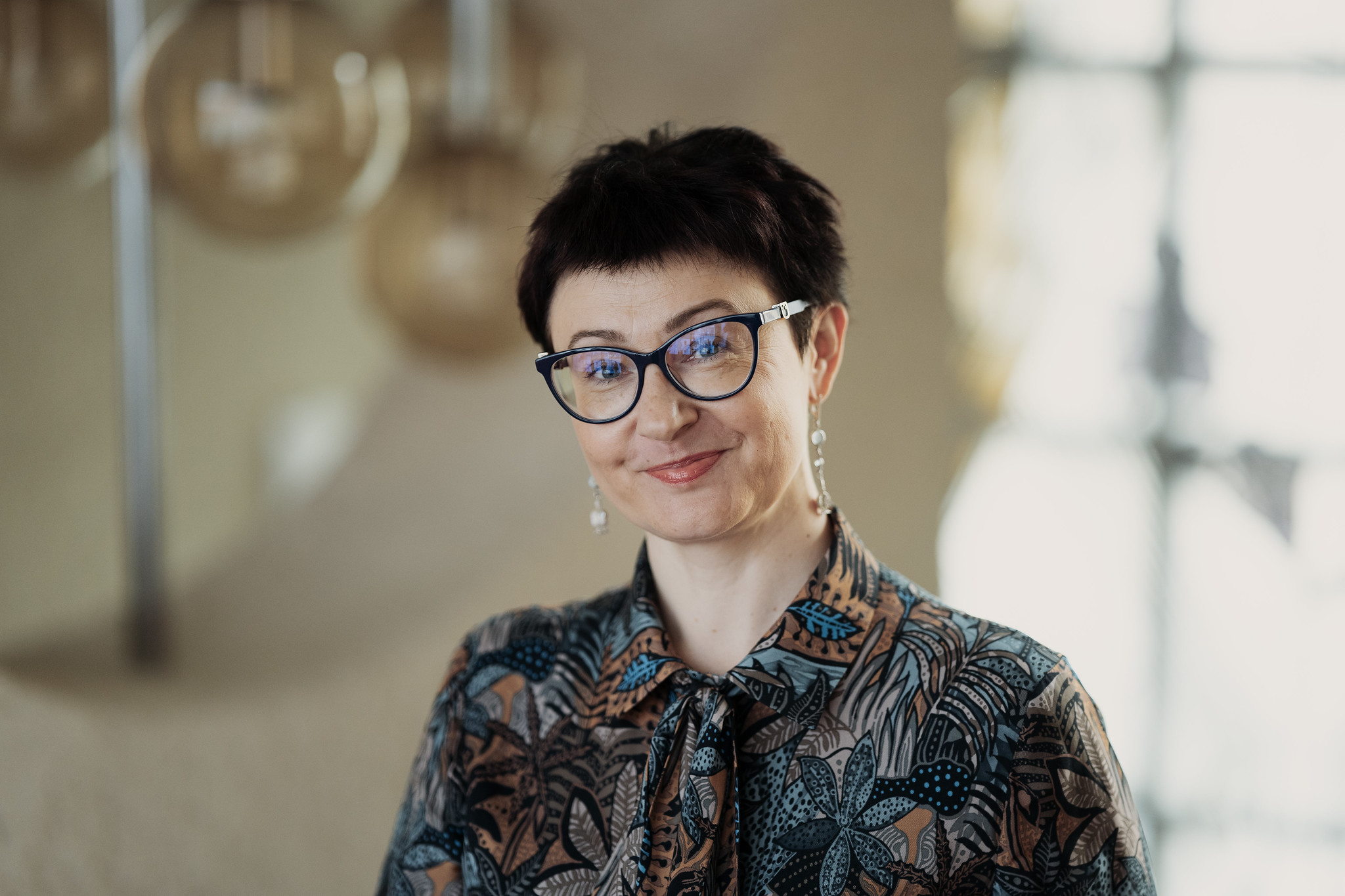
Prof. Daiva Aliūkaitė
Daiva Aliūkaitė, Vice-Rector for Academic Affairs at Kaunas Faculty of Vilnius University, Professor at the Institute of Language, Literature and Translation Studies
Technically, the humanities are weightless; all they need is an intellectual force, which, in my opinion, does not depend on gender. For the sake of objectivity, it must be recognised that linguistics (especially Lithuanian linguistics) has clearly become “feminine” – men choose this path less often; it is neither positive nor negative. This is just how it is at the moment. It is not about who did the research, discovered, or did the explaining, but what has been researched, discovered, and explained. The stereotypes are partly self-imposed. I think it has to do with self-esteem and self-worth. The role of a researcher or lecturer in Lithuanian studies is not reserved for representatives of one gender or another. At least, I have not felt it either when I was a student or now.
Of course, I am talking about the present – the time when I “try” to include my voice in the Lithuanian linguistics discourse. The subtly chosen “I try” in no way indicates that I doubt my discernment in linguistics because I am a woman; “I try” only reveals that the scientific discernment of colleagues, equally of both women and men, often seems to me to be more mature, more persuasive, and less doubtful. This is better explained by the fact that every time I delve more deeply into my field, the Socratic scio, nihil scio [I know that I know nothing] is becoming ever clearer. And being a woman has nothing to do with it.
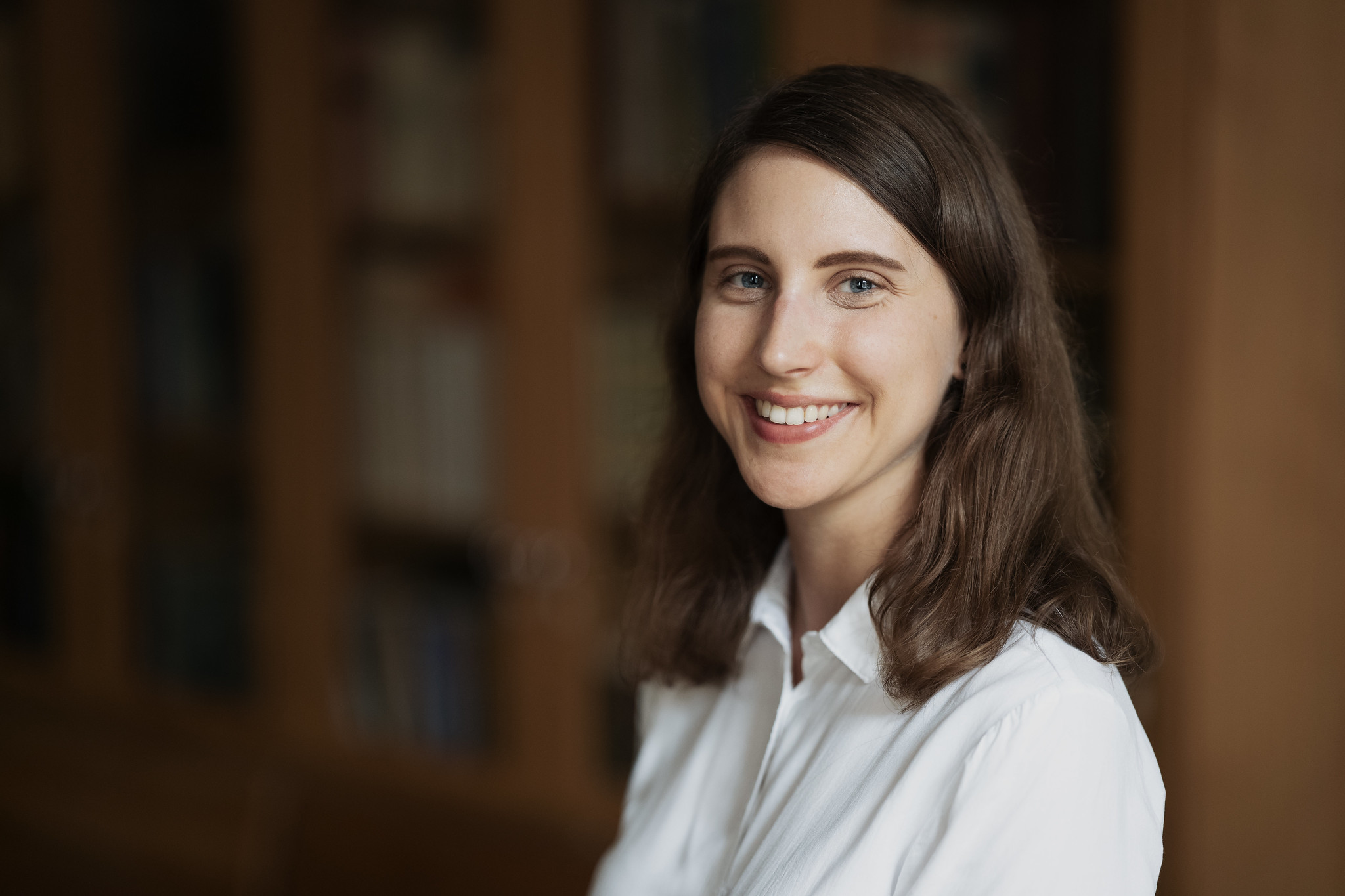
Indrė Bagdžiūtė
Indrė Bagdžiūtė, Master’s Student and Administrative Employee at the Language, Literature and Translation Studies Institute of Kaunas Faculty of Vilnius University
Women overwhelmingly dominate the humanities. During the four years of studying English and another foreign language (Swedish) and two years of studying audiovisual translation, not a single male lecturer has delivered a lecture. The majority of students in my year were girls, although there also were several boys. If we look at the PhD students in the Language, Literature and Translation Studies at Kaunas Faculty of Vilnius University, we will also see that only women are currently studying in the third cycle of studies. I think I would like to see greater involvement of men in the humanities in Lithuania. Still, I am glad that women working in this field are successfully conducting research both nationally and internationally and thus developing scientific activities.
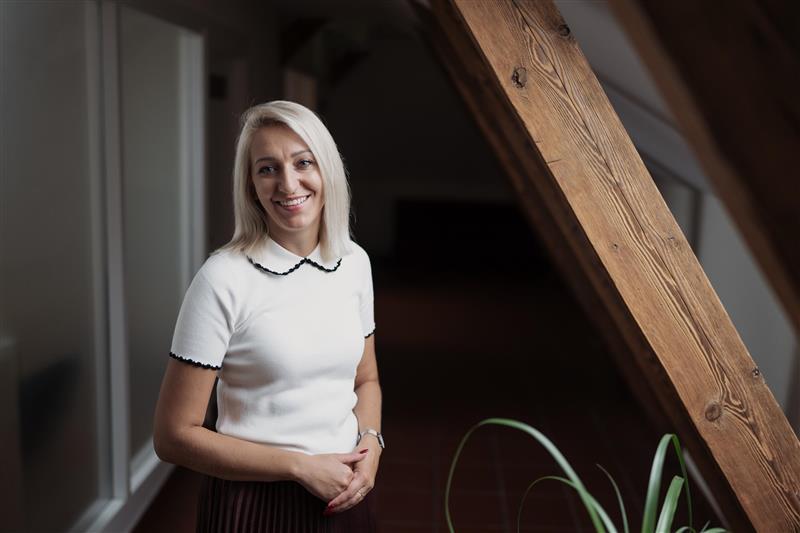
Dr. Indrė Ščiukauskė
Dr. Indrė Ščiukauskė, Director at the Institute of Social Sciences and Applied Informatics of Kaunas Faculty of Vilnius University
Personal experience shows that stereotypes about women rarely reflect the truth. Both in everyday and professional life. However, there is no shortage of examples that the desire to combine family and personal career can be realised. It depends only on the effort. Successful women in science are not an exception but a reality.
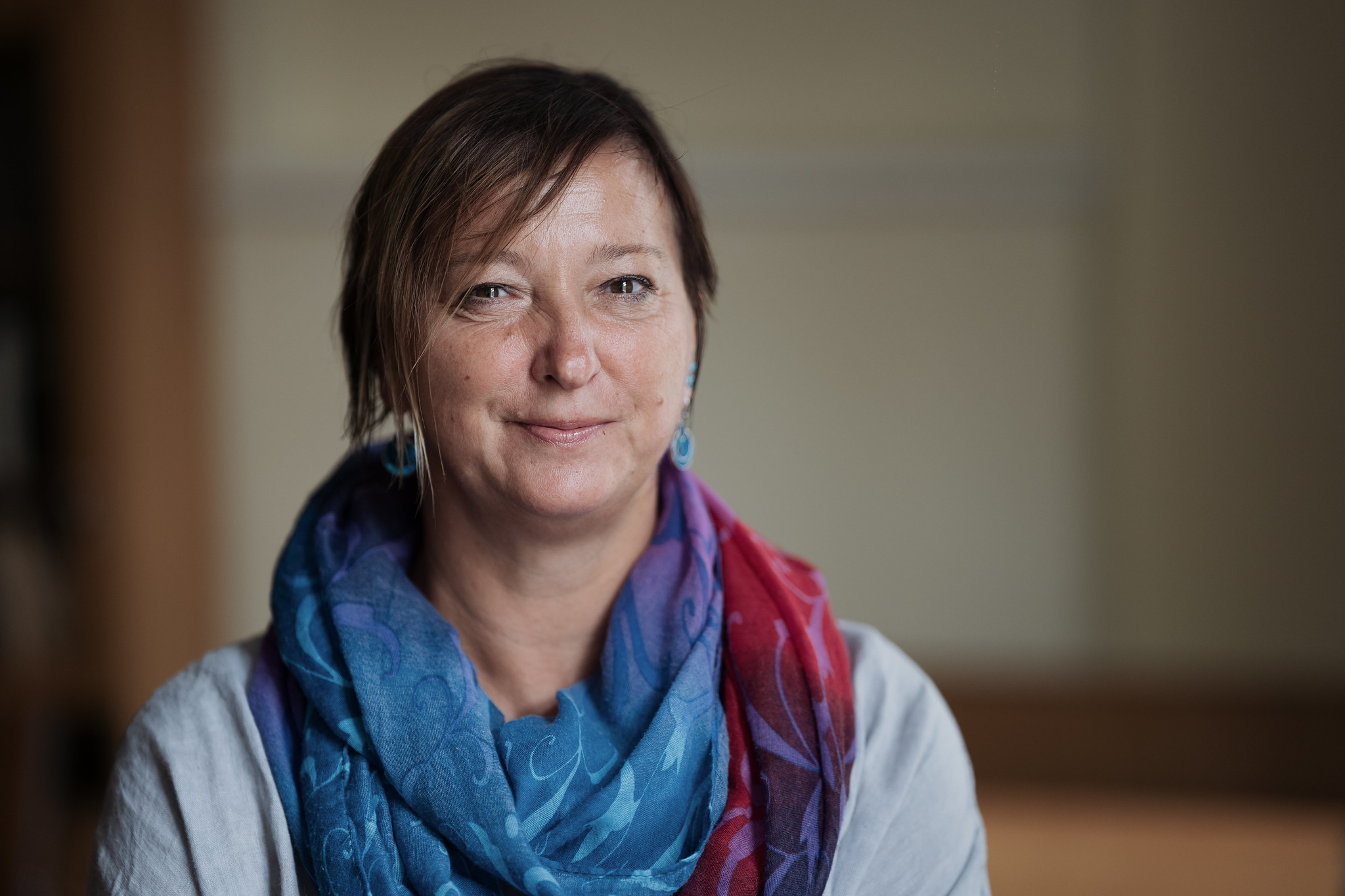
Assoc. Prof. Liepa Bikulčienė
Assoc. Prof. Liepa Bikulčienė, Researcher at the Institute of Social Sciences and Applied Informatics of Kaunas Faculty of Vilnius University
It is not hard to see that Mathematics is usually taught by women at school or university, while the top academic field is still predominated by men. It is difficult to say whether they seem more reliable to employers because of stereotypically attributed rationality or whether women choose less ambitious goals themselves. It must be said that those women who achieve something substantial must often make sacrifices.
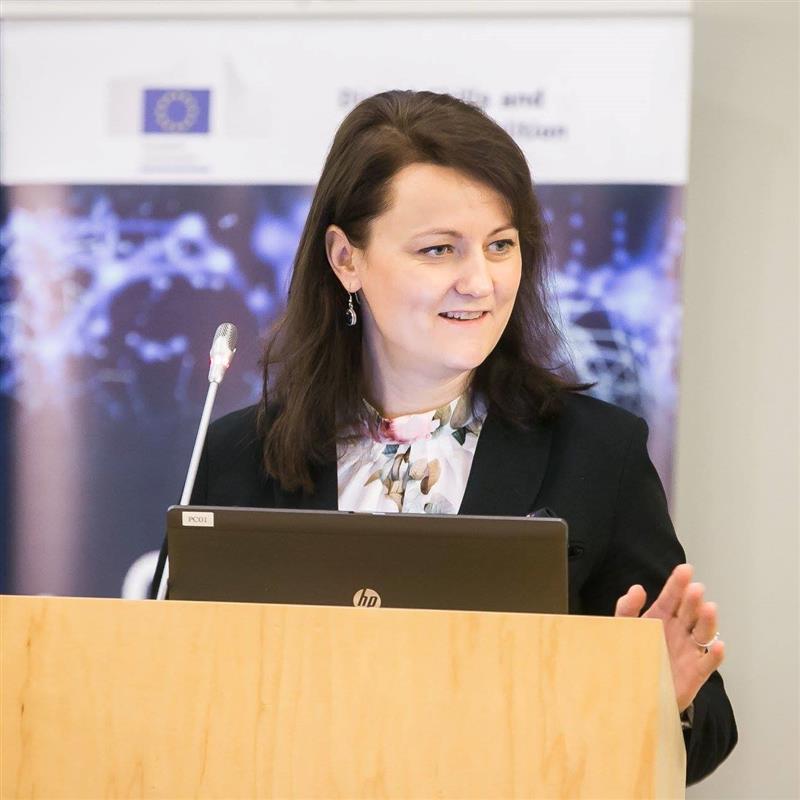
Dr. Renata Danielienė
Dr. Renata Danielienė, Researcher at the Institute of Social Sciences and Applied Informatics of Kaunas Faculty of Vilnius University
Girls can often be influenced by prejudice, attitudes, parental beliefs, etc., so it is very important for women working in IT and science to lead by example, tell success stories, and encourage girls to choose IT-related studies. I have participated in projects that encourage girls and women to choose the IT field and to retrain for the jobs offered in this market. The path is not always easy, but those girls and women who reach the finish acquire new knowledge and skills, and most importantly, self-confidence, which has a huge impact on their future careers.
Currently, our team, together with partners, is implementing an international three-year CyberAgent project supported by Erasmus+, and one of the objectives of this project is to attract women into the field of cybersecurity. During the project, modules related to cybersecurity are being developed, and girls and women are already included in the expert activities before the development of the educational materials; in the middle of the project, they will be invited to join the pilot training activities.